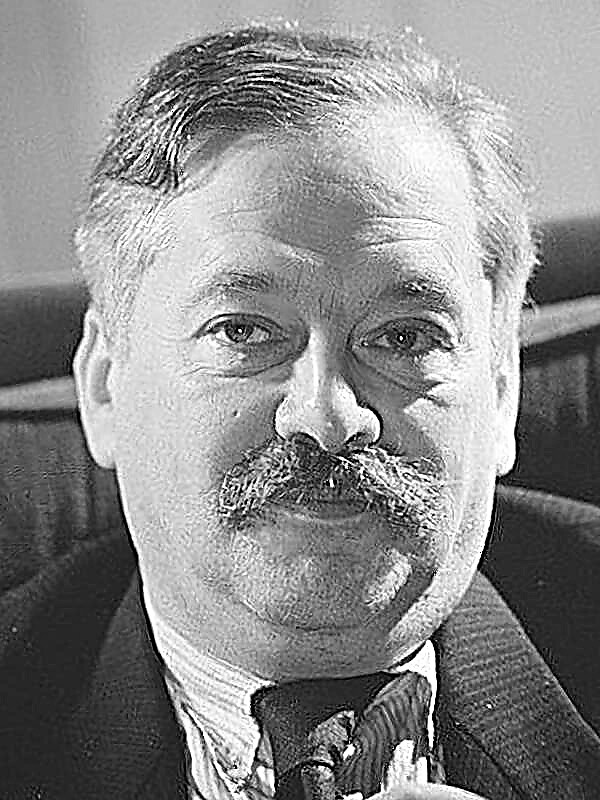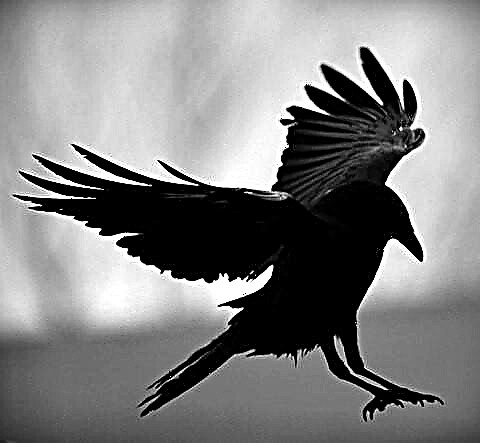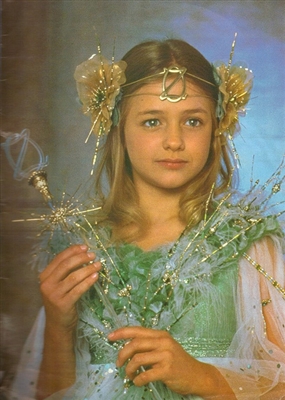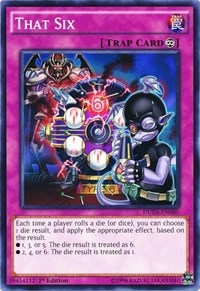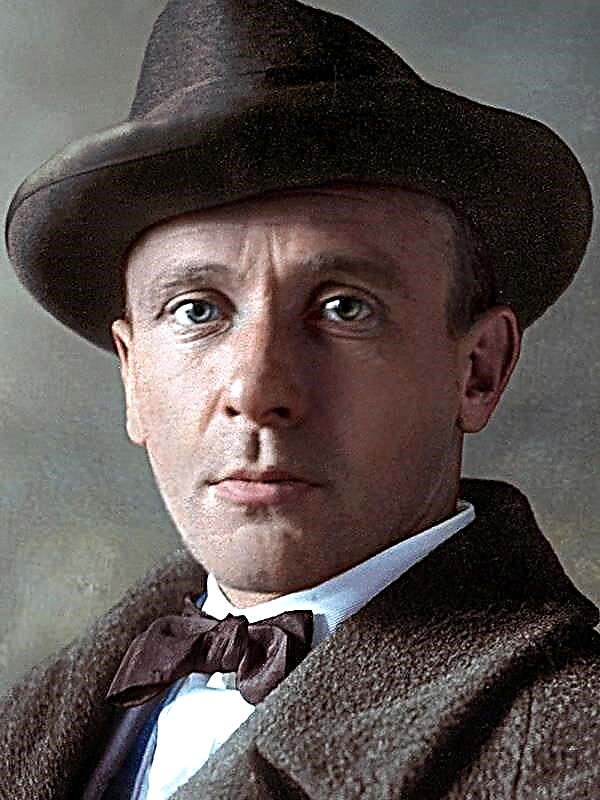(358 words) Alexander Sergeyevich Pushkin - a prominent figure in the literature. Speaking frankly, that is, the literature “before” and “after”, where it is Alexander Sergeyevich who acts as the meridian. The writer created new images, improved his native language, integrated foreign trends and genres into Russian verbal art.
For example, the “extra person” from the novel in the poems “Eugene Onegin” is an innovation for Russian literature of that time. Pushkin showed a new hero, reflecting a whole layer of society in which the writer had a chance to live. This idea was first implemented by foreign writers (Byron, De Musset), and our compatriot gave it Russian flavor. Also interesting are the experiments with the composition of the work: the openness of the finale of the novel, an abundance of lyrical digressions, where we find the encyclopedia of Russian life, in the words of the critic Belinsky.
It is to Pushkin that we owe the appearance of many ingenious classical works from the archive of the wealth of Russian literature, which are still being studied. This is a poet and a writer for all ages, understandable, clear, pointing out the problems of his generation with accuracy, who took literature to a new level, setting an infinite number of vectors for the development of Russian art. The torture of Tatyana Larina by love outside marriage from the aforementioned novel will be reflected on Leo Tolstoy’s Anna Karenina, and the theoretical crime of Salieri’s attempt to correct the injustice of God from the work “Mozart and Salieri” will provide a direct link to “Crime and Punishment” by Fyodor Mikhailovich Dostoyevsky. It is important that they reckoned with Pushkin as a recognized meter, although he was younger than many eminent figures. Criticism of many significant books is accompanied by the author’s opinion, such as recognition of Karamzin’s prose or an unflattering review of Radishchev’s “Journey from St. Petersburg to Moscow”.
“Calmly, Masha, I Dubrovsky” - a replica from the novel “Dubrovsky” became winged and is used even by those who are not familiar with the text of the work. A person who does not read will be able to give you an answer to the question of who Alexander Sergeyevich Pushkin is, and with a high probability he will be able to quote a children's poem, "A cat scientist goes round and round all day and night." The writer worked in many genres, he wrote different works: poems, poems, elegies, novels, historical chronicles, novels, dramas. And the great writer excelled in every genre he took up.
The Russian man begins with him, and he ends with him. In Russia there is no way to find a resident who has at least never heard of the great poet who turned the literary world upside down. The worldview of a humanist author, an esthete author, a revolutionary author is a closely rebellious and restless Russian soul, which cognizes itself through the work of Pushkin.




 $ 100 startup
$ 100 startup